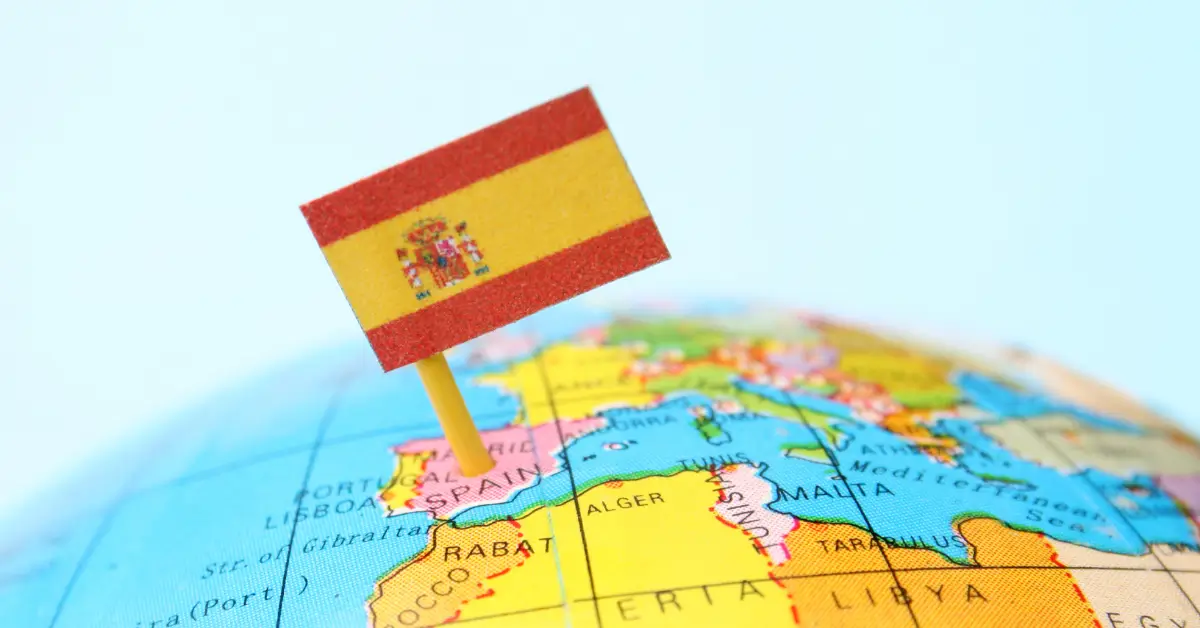
Spain’s Digital Nomad Visa provides remote workers with a unique opportunity to live and work legally in one of Europe’s most desirable locations. Whether you’re self-employed or working for a foreign company, this visa allows you to reside in Spain while continuing your career. This guide explores the eligibility criteria, application process, and benefits of […]
Happy clients
Experience
Masters degrees
Spain’s Digital Nomad Visa provides remote workers with a unique opportunity to live and work legally in one of Europe’s most desirable locations. Whether you’re self-employed or working for a foreign company, this visa allows you to reside in Spain while continuing your career. This guide explores the eligibility criteria, application process, and benefits of the Digital Nomad Visa, ensuring you have all the necessary information for a smooth move to Spain.
Read my in-depth article about working in Spain, a legal guide for foreigners.
As the world embraces remote work, Spain has introduced the Digital Nomad Visa to attract skilled professionals from non-EU countries who want to live and work in the country. This visa enables digital nomads to enjoy Spain’s rich culture and favorable lifestyle while continuing their remote employment or business operations. Below, we’ll cover everything from the requirements for remote workers to the application process and the benefits of the visa.
Spain’s Digital Nomad Visa allows non-EU remote workers to legally reside in the country while working for foreign companies or running their own business. This visa is designed for freelancers, entrepreneurs, and employees of foreign companies who can perform their work remotely.
To qualify for the Digital Nomad Visa, applicants must meet several criteria:
Once you meet the requirements, the next step is to gather the necessary documents and begin the application process. Here’s a detailed guide on how to proceed.
Before applying, you will need to gather and prepare several documents. Some of these documents may need to be translated into Spanish and legalized or apostilled, depending on their country of origin. These documents include:
Make sure to check with your local Spanish consulate for any additional requirements, as they may vary by location.
Once your documents are ready, you must submit your application in person at the Spanish consulate in your home country or through a duly accredited representative. Some consulates allow for submissions through an online system, so it’s advisable to verify the submission procedures in your area.
After approval, the Digital Nomad Visa is typically valid for up to one year, with the option to renew for a maximum of three years. To renew, you must continue meeting the visa’s income and employment requirements, as well as maintain valid health insurance.
The Digital Nomad Visa also allows you to bring certain family members to Spain. Your spouse or legal partner and dependent children can apply for a visa under the same application process, enabling them to live with you during your stay. You must provide proof of sufficient financial resources to support them throughout your residency in Spain.
After submitting your application, Spanish authorities will review your documentation. The legal term for reaching a decision is 10 days, although this timeline may be extended if additional documents or an interview are required. Be sure to apply well in advance of your intended move date to avoid delays.
In the event of a visa refusal, you have the right to appeal the decision. The appeal must be submitted to the relevant immigration authorities, along with any additional documentation or clarifications to support your case.
The Digital Nomad Visa offers a variety of benefits for remote workers, from tax advantages to legal rights.
One of the most significant benefits of obtaining the Digital Nomad Visa is the potential for tax savings. Spain offers tax incentives to attract foreign professionals, particularly under the Beckham Law, which provides favorable tax rates for non-residents working in Spain. Digital nomads who qualify for this tax regime can enjoy lower tax rates on their foreign income for up to six years.
Understanding your tax obligations in Spain is crucial. If you need assistance with tax planning or determining your eligibility for these tax incentives, contact me, José María Ruiz Castillo. I specialize in tax law for expats and can help you optimize your tax situation.
While the Digital Nomad Visa allows you to live in Spain, there are some restrictions. Most importantly, visa holders are not permitted to seek employment with Spanish companies during their stay. You are allowed to work for foreign employers or continue your own business, but local employment is prohibited.
You must also maintain valid health insurance and ensure your visa is renewed on time if you plan to stay longer than one year. Failure to comply with these requirements could result in penalties or the revocation of your visa.
Read my in-depth article about the types of work permits and visas in Spain.
If you need help navigating the legal aspects of your visa or ensuring compliance with Spanish immigration law, don’t hesitate to contact me, José María Ruiz Castillo, for personalized legal advice.
Spain’s Digital Nomad Visa offers remote workers the chance to live and work in one of Europe’s most beautiful countries while maintaining their employment abroad. By meeting the visa requirements, preparing your documents correctly, and understanding the legal and tax implications, you can enjoy a rewarding and legally compliant stay in Spain.If you’re ready to apply for the Digital Nomad Visa or need help with the legal and financial aspects of your move, contact me, José María Ruiz Castillo, for expert guidance. With my extensive experience in Spanish immigration and tax law, I can ensure your transition to life in Spain is smooth and successful.







